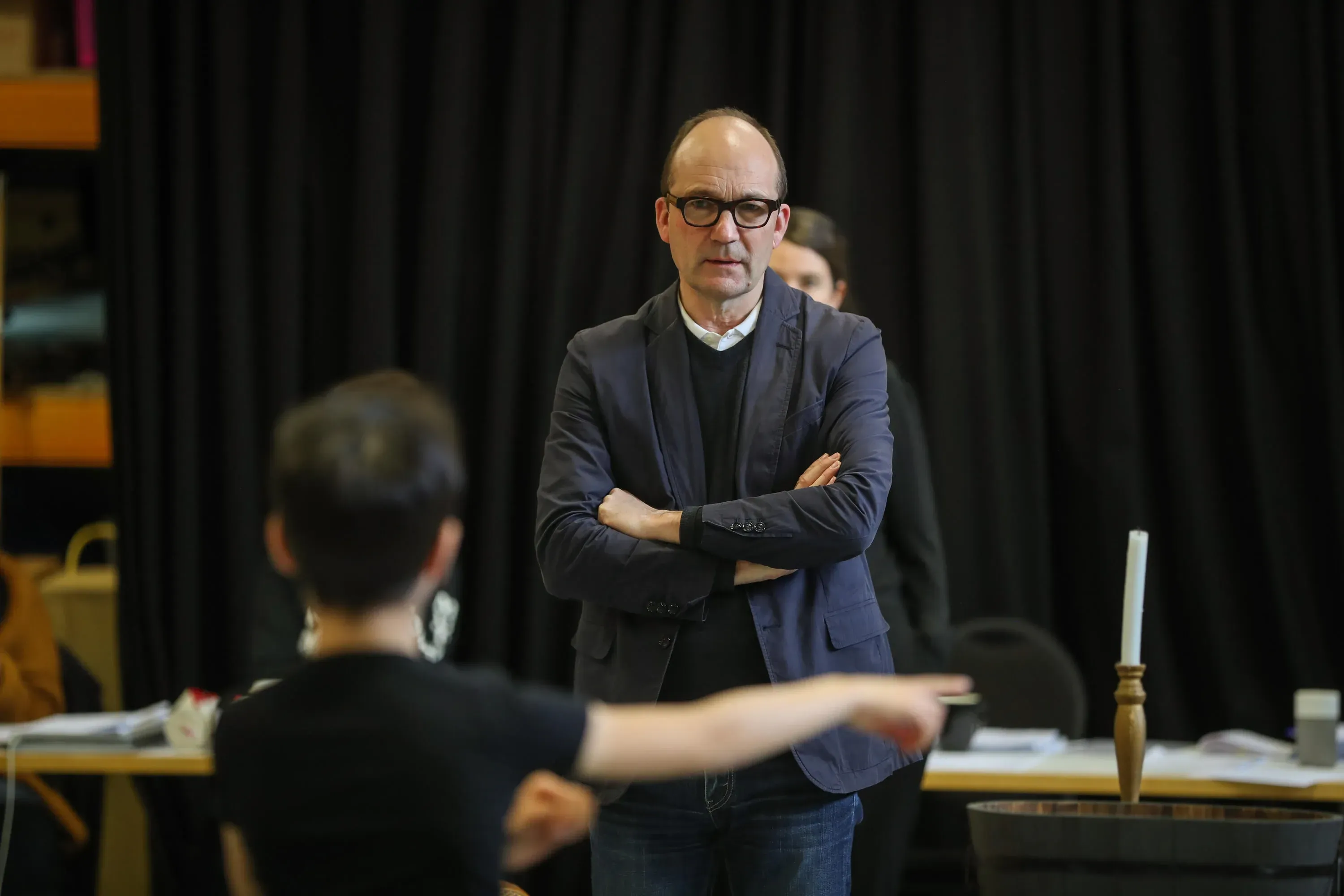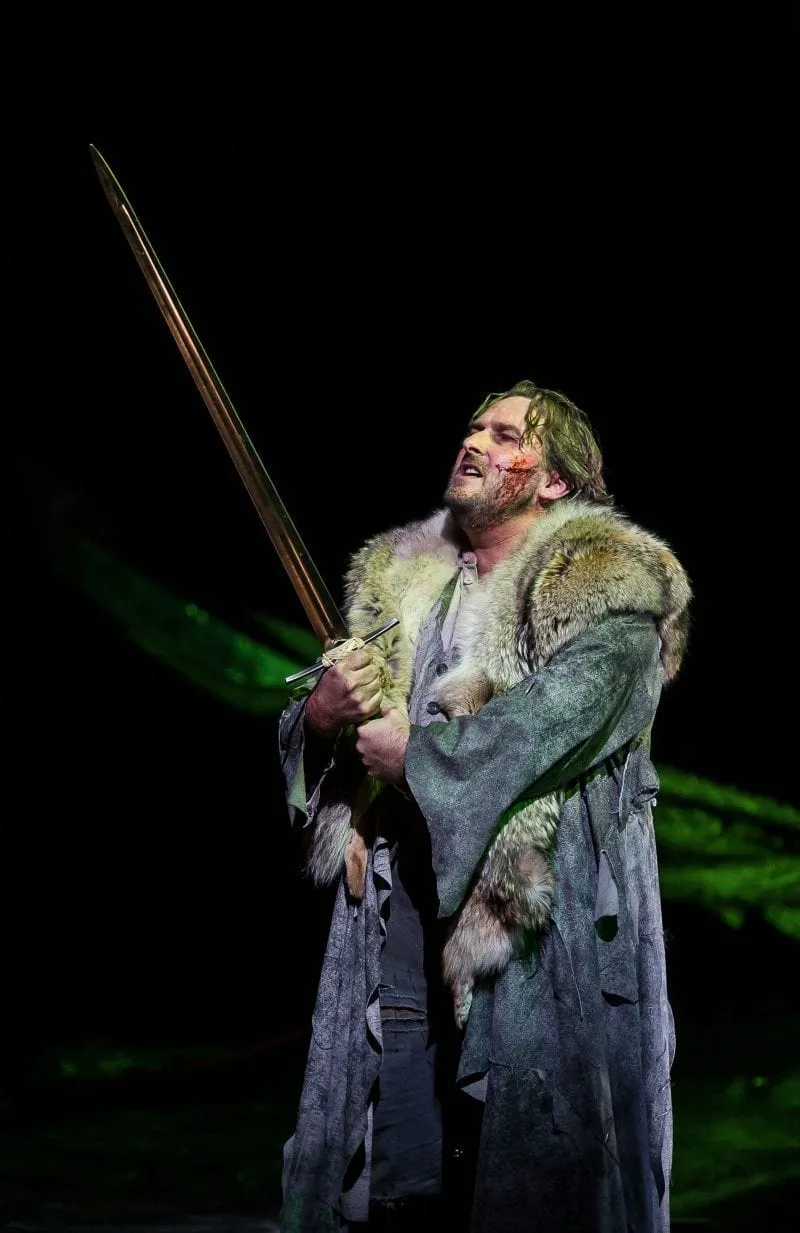Confronting the Backlash: Should NZ Opera Be Under Review?
Written by
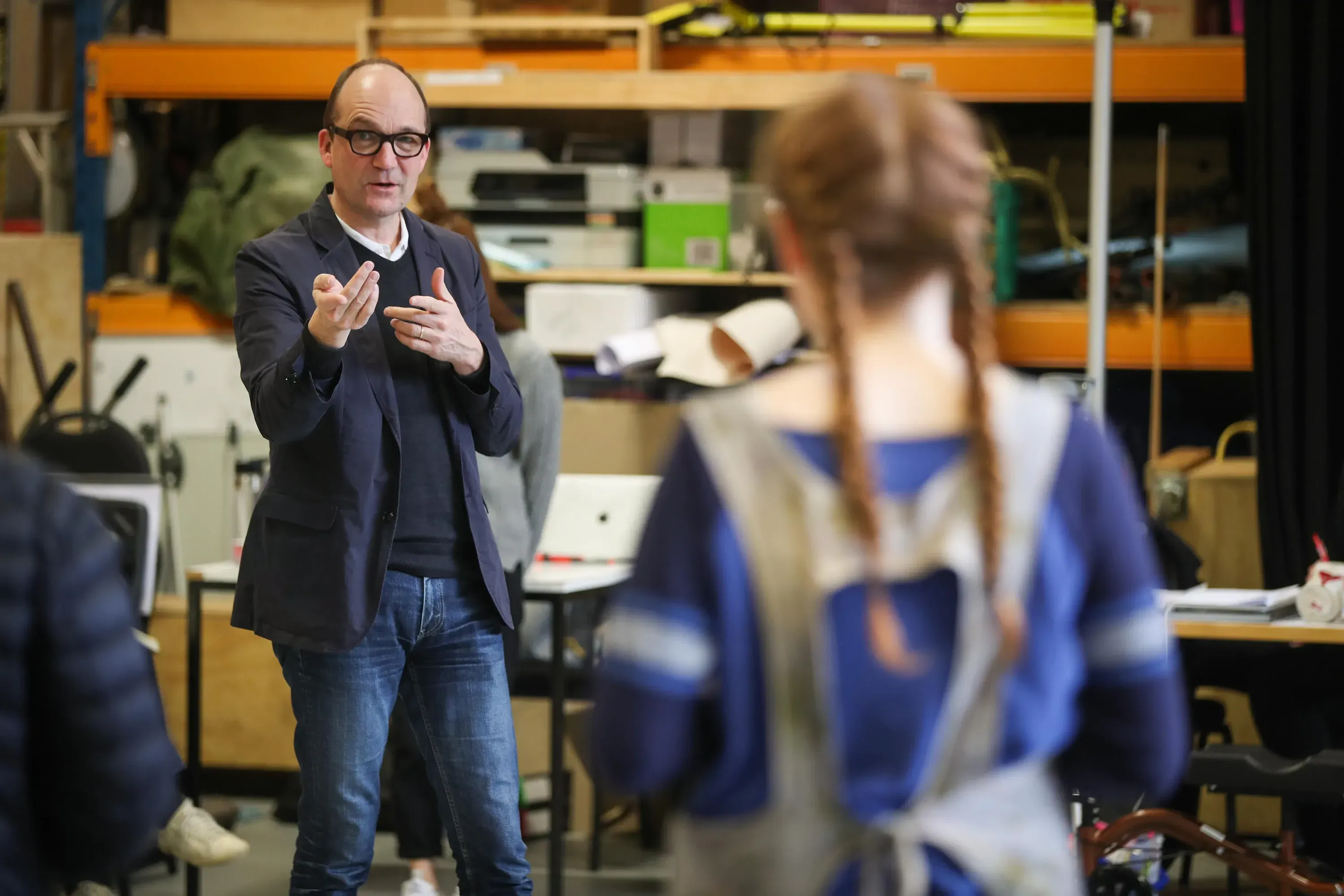
Thomas de Mallet Burgess is a polarising figure in the national opera scene. In part one of his exclusive interview with The Big Idea, the New Zealand Opera boss was quizzed on some of the controversy engulfing the organisation - including board resignations and accusations of financial mismanagement. In part two, Richard Betts asks about pay rates and staffing, and the public stand-off with operatic great Simon O’Neill.
If losing a third of your board is unfortunate, being outed in public by a selection of New Zealand’s most distinguished arts figures is some way beyond carelessness.
Disgruntlement has come from high places.
In July, a group of concerned arts figures sent a letter to the Minister of Arts, Culture and Heritage Carmel Sepuloni, asking the government to review how NZ Opera was being run.
Signatories included such respected names as poet Albert Wendt, arts philanthropist Jenny Gibbs, academic Tīmoti Kāretu, composer Janet Jennings, and a choir-full of singers, including tenor Simon O’Neill.
NZ Opera versus opera superstar
Awkwardly, the nation’s premier opera singer has been the national opera company’s most vocal opponent.
O’Neill has nothing to lose. He’s always shown a commendable commitment to performing in his home country but, as one of the world’s leading heldentenors, he doesn’t rely on Kiwi audiences to keep his career afloat.
It was O’Neill who linked the resignation of NZ Opera’s three board members in part to a proposed work about the infamous ‘unruly tourists’. (One of the former board members, Witi Ihimaera, has since denied the unruly tourists opera was a factor in the resignations.) O’Neill has also claimed NZ Opera underpays singers, accusing the company of ‘predatory’ behaviour, and believes too much money is spent on the administration, rather than the talent, a belief shared by many who are making their feelings public.
O’Neill is clearly fed up with NZ Opera: indeed, the singer is in the process of setting up a company called Opera Aotearoa. For his part, Thomas de Mallet Burgess claims that O’Neill is “yet to engage constructively with New Zealand Opera ... At the moment he has engaged in a way that is highly negative”.
De Mallet Burgess might disagree with O’Neill’s approach, but does the singer have a point?
When it comes to the unruly tourists - the thing’s not even written yet; it’s impossible to assess at this stage whether it deserves taxpayer funding or not.
Pay rates and predation
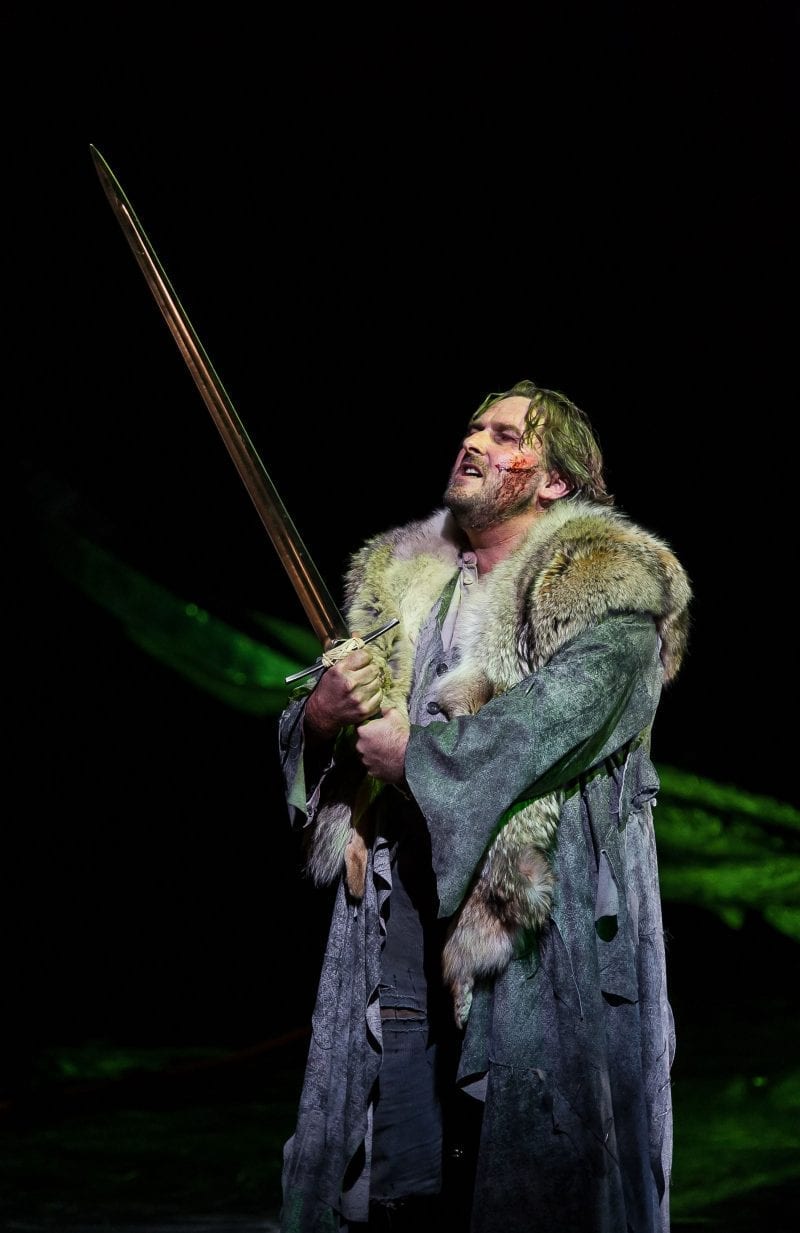
NZ operatic great Simon O'Neill in action. Photo: Clive Barda.
O’Neill may be on firmer ground regarding pay rates. NZ Opera said in a statement that fees are set by agents at a market rate, and that it attempts to “match all fees to the experience of the performers and the creative brief.”
That’s a little disingenuous. NZ Opera is the market; it can set its own rate.
“What’s the suggestion around that, though?” asks de Mallet Burgess.
“The arts in this country are under-resourced. The fact that the focus has been placed on singers is really the tip of the iceberg. We have many, many people working on an opera. From creatives, maybe composers, writers, singers, all our contractors, orchestras and administration. The list goes on and how and in what ways those resources are divided is really challenging.
“I would say we recognise the need to raise the pay of pretty much everyone who contributes to the work of New Zealand Opera, including young singers.”
The case for funding
That’s easy enough to say, but how can NZ Opera make it happen?
“Opera has to make a case for increased funding and I think we can,” de Mallet Burgess says. “But to do so we have to demonstrate our public value. That means following our strategic agenda: demonstrating that we can reach parts of New Zealand where there is a demand, and helping develop that demand and increasing our reach.
“Making it clear that by commissioning and developing new work and experimenting, we’re bringing many people who wouldn’t normally associate themselves with opera into the company and helping them find a voice in the art form. Bringing in other cultures and a real diversity of people to be more representative of the country.
“All of those things will help us demonstrate our public value. What will surely kill us is if we take the narrowest view of what opera is: works by Verdi, Puccini and Mozart.”
Overstaffed and over here?
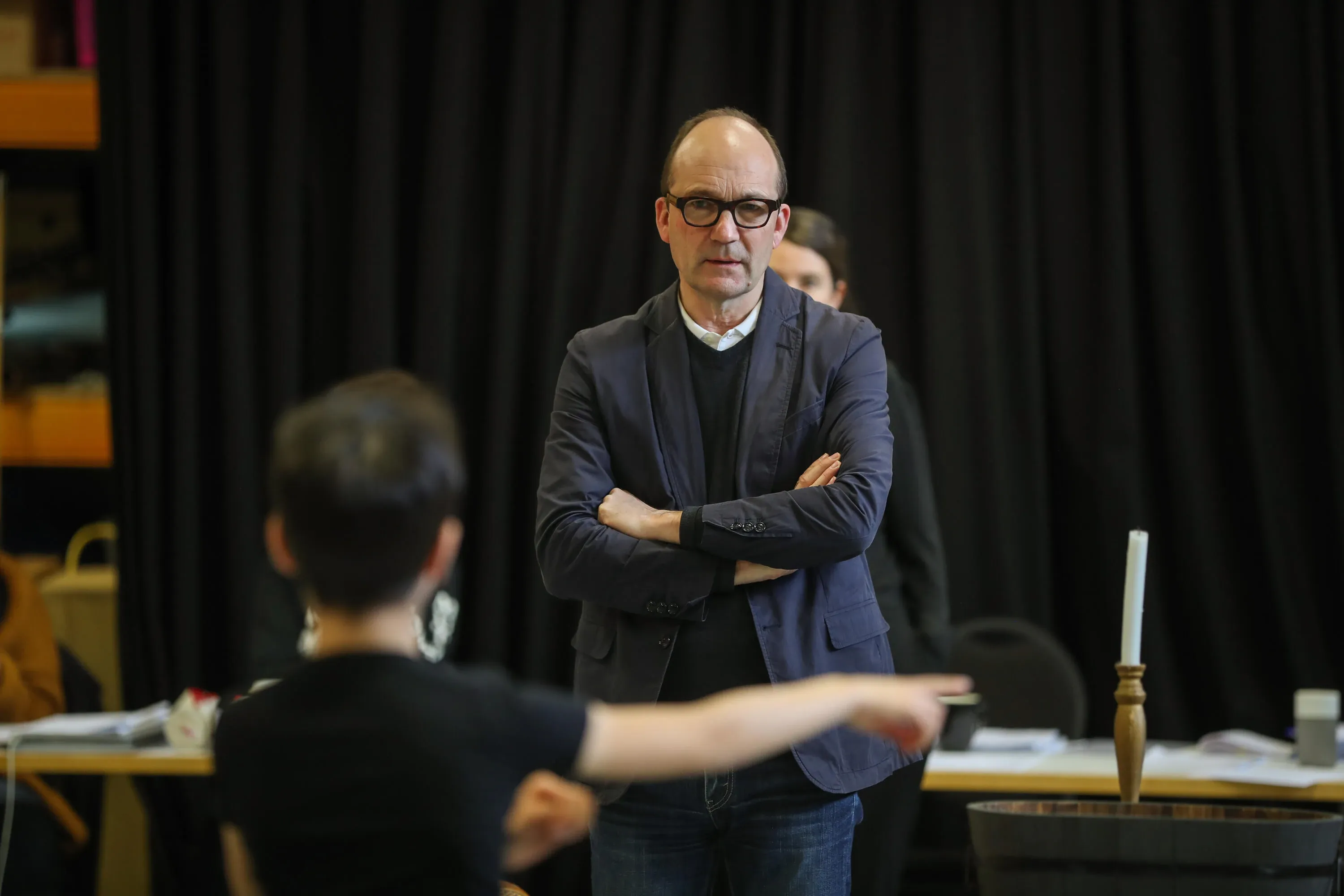
Thomas De Mallet Burgess. Photo: Supplied.
De Mallet Burgess is unrepentant about the number of people working for NZ Opera.
“I think it’s a positive that we employ many people in the arts and give opportunities to so many people. Opera is highly collaborative,” he says.
The general director also believes that O’Neill’s concern over the number of administration staff likely stems from new accounting practices that show an increase in admin costs, but that NZ Opera is simply attempting to be more transparent and accurate about where those costs lie.
There was also a restructure which, de Mallet Burgess claims, was “achieved in a cost-neutral way.”
From the outside, and judging by a stream of job adverts, rather than increasing administrative staff, NZ Opera has shed them at a steady rate. The key role of head of music has been filled and vacated twice under de Mallet Burgess’s leadership. Is he difficult to work with?
“It’s a fair question,” de Mallet Burgess says, without actually answering it.
“One of the [heads of music] gave an exit interview and we were then able to see what was working in the role and what wasn’t. We recognise that it is very wide ranging and that we need to listen very carefully to how to make it more manageable.”
Time for a review?
Given the circumstances, does de Mallet Burgess support the growing calls for a governmental review into how NZ Opera is being run?
“There was a review in 2015,” he says. “Much of our strategic direction is in response to that review. I think it’s fair to say there wasn’t much action to that review until I arrived in mid-2018.
“If there were to be a review, we would be fully cooperative and supportive. But I would say that in the last three years, acting on that 2015 report, I would question the public value of using taxpayers’ money to fund another review when we’re still working through the last one.
“It seems to me the most appropriate point for a review would be in about two years, when the results of our new strategic agenda were there in a way we can measure year on year and have had a chance to further embed.”
NZ Opera’s major funder, Creative New Zealand, has been supportive throughout all the brouhaha. Is de Mallet Burgess concerned that support will be affected by all the claims?
“No, I’m not,” he says. “And the reason I’m not is because as a company, we are achieving huge success.”
Richard Betts is an award-winning arts writer. He has twice done freelance work for NZ Opera.
